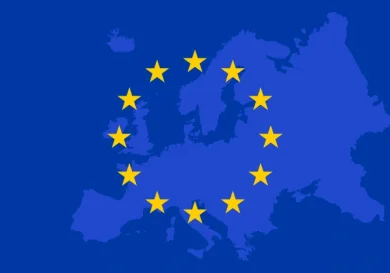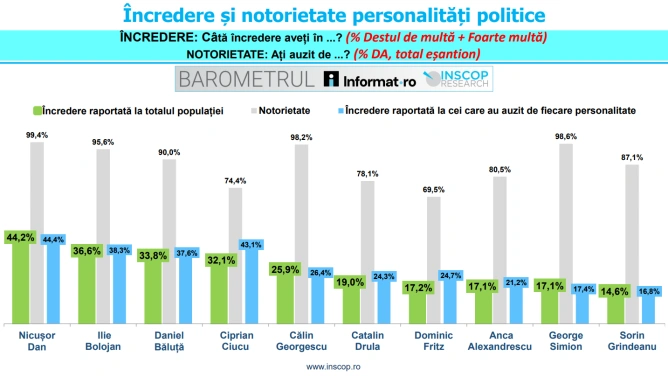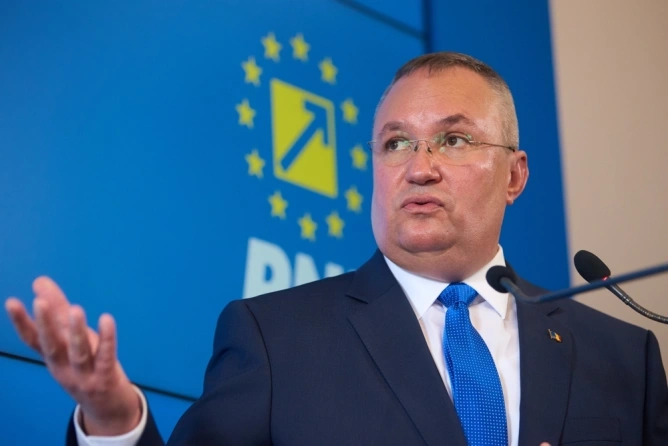
Brussels, November 19, 2025 – The European Union enters a new phase in modernizing payment systems, with the entry into force of the second stage of the Regulation on instant payments in the euro area and the advancement of negotiations for the PSD3/PSR legislative package. The message was conveyed by Commissioner Maria Luís Albuquerque in a video intervention at the tenth annual conference of the European Payment Institutions Federation (EPIF).
According to the Commissioner, the current wave of innovation in the payments sector, from open banking and European digital wallets to embedded finance solutions, is transforming the way citizens and companies conduct transactions. This change, she says, must be accompanied by a modern legislative framework and competitive infrastructures at the European level.
A key moment was the entry into force, on October 9, of the second stage of the Regulation on instant payments. Payment service providers in the euro area are required to offer transfers within a few seconds, at any time and without additional costs compared to standard transfers. For consumers, money becomes available immediately, and for companies, cash flows and customer relationships are simplified. Additionally, providers must offer free IBAN verification, a measure aimed at significantly reducing fraud.
The new rules also allow payment institutions and electronic money institutions to participate directly in the payment systems of the euro area. The Commission considers this change a "game changer" for competition, as it reduces dependence on banking intermediation and allows new players to offer more efficient services with direct access to payment schemes.
Legislatively, discussions on the Third Payment Services Directive (PSD3) and the Payment Services Regulation (PSR) are at an advanced stage. The Commissioner confirmed the common ambition of European institutions to reach an agreement by the end of the year, but emphasized that complex issues remain open, especially those related to online fraud and the distribution of financial responsibility among platforms, search engines, banks, and merchants. "Fraud can occur anywhere in the digital ecosystem," she warned, indicating the need for balanced solutions between consumer protection and costs borne by the industry.
Another central point of the speech focused on European sovereignty in the field of payments. Albuquerque pointed out that, although the European payments sector is innovative and growing, many solutions remain dependent on providers outside the EU, especially in the area of international card schemes. Therefore, the Commission considers it essential to strengthen pan-European initiatives. In this regard, the announcement of cooperation and interoperability between EuroPA and the European Payments Initiative (EPI) was presented as an important step towards a more integrated and competitive European market.
In conclusion, the Commissioner emphasized that the EU needs a combination of public and private solutions to strengthen its strategic autonomy in payment infrastructure. She thanked the participants and encouraged them to actively contribute to the debates that will influence the European payment model for the next decade.












.webp)













